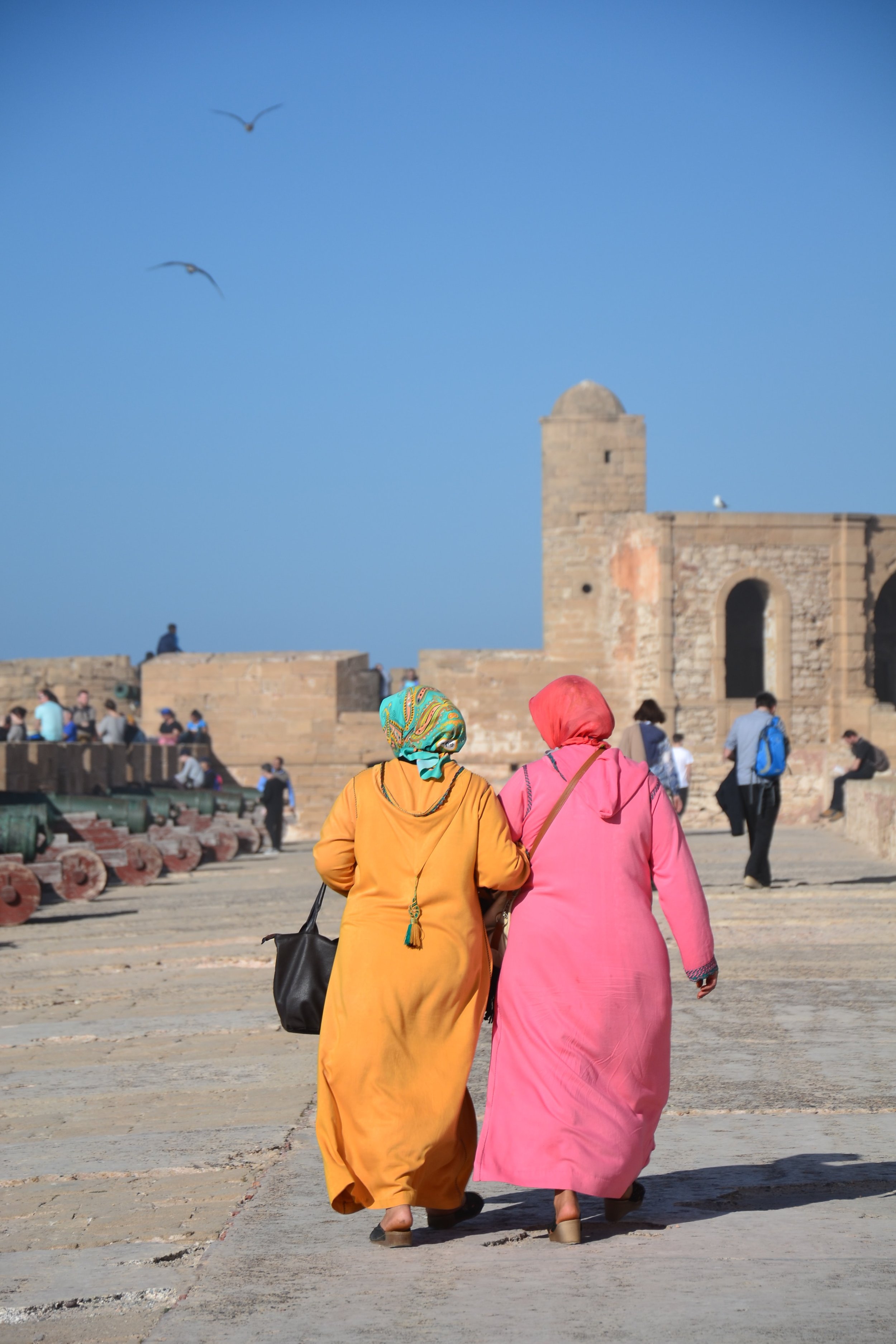
Women and Gender
The threat of climate change and its impacts are universal however the severity of how it is experienced falls disproportionately on vulnerable communities and populations -- especially women. In many place, men and women have different social responsibilities, vulnerabilities, capabilities, and opportunities. These differentials are often culturally determined or culturally influenced. They exist in historical contexts expressed through practices and knowledge that form a part of the cultural heritage of relevant communities.
One key gender-differentiated impact of climate change is the risk of loss and damage to the traditional knowledge and intangible heritage of communities, including traditional ecological knowledge. In many cultures, in diverse ways, women are the custodians of intangible cultural heritage which include the performing arts, music, culinary and medicinal knowledge and the know - how for the creation of material cultures such as handicrafts, weaving, textiles and built environments. These losses can in turn diminish languages and whole knowledge systems, undermine social cohesion and identity, and more generally affect climate vulnerability and resilience of communities in iterative ways that need to be better understood.
Women can also be agents of change and drivers of climate action. Understanding the cultural dimensions of these trends and creating more opportunities for women is critical for developing effective and equitable strategies for responding to climate change.
Climate Heritage Policy Priorities: Bring culture and heritage voices to the UNFCCC’s Women and Gender Constituency. Promote better understanding of the intersections between gender and arts, culture and heritage in order to help communities reduce greenhouse gas emissions and strengthen adaptive capacity; encourage work to facilitate inclusive and gender responsive climate action.
Bring culture and heritage voices to the UNFCCC’s Women and Gender Constituency and implementation of the UNFCCC Gender Action Plan (GAP).
Women and Gender Issue Lead
Rosie Paul
Masons Ink
Bengaluru, Karnataka, India







